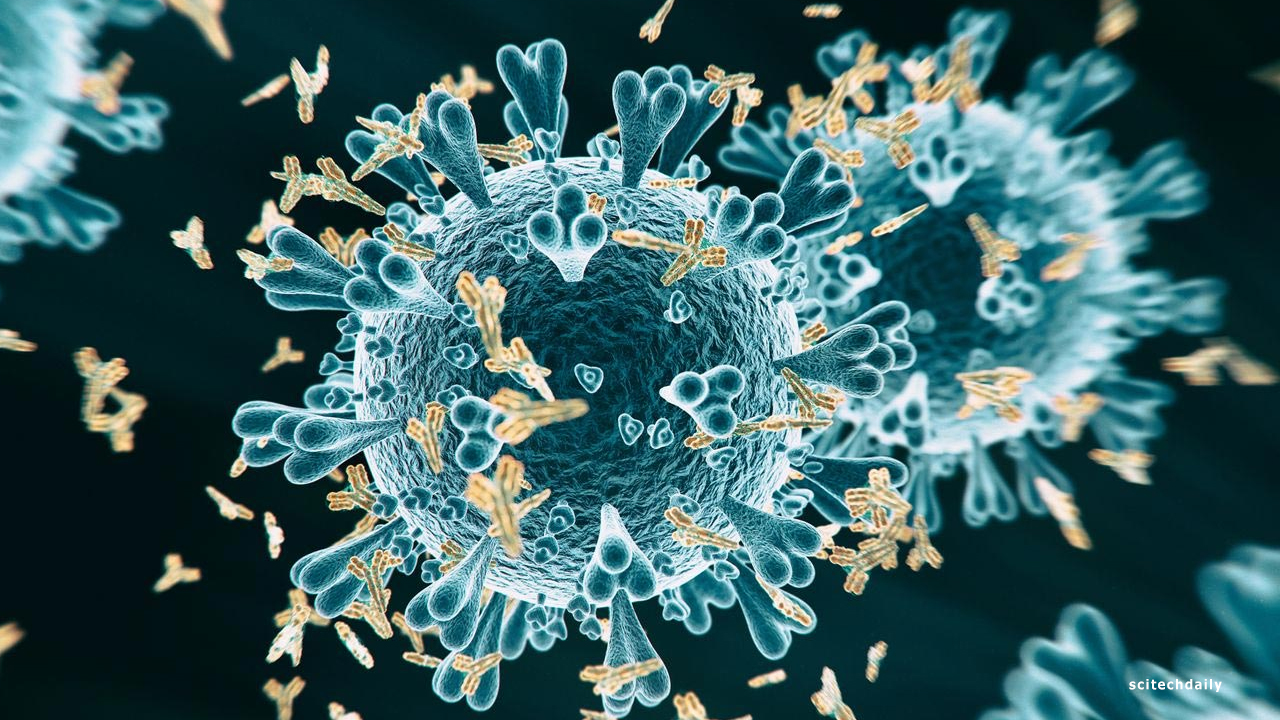It may be possible to have two completely separate bouts of COVID-19, doctors have warned in the journal BMJ Case Reports after treating a man whose infections were separated by 4 months of no symptoms and serial negative tests for the virus.
Waning immunity might heighten the risk of reinfection, but severe infection first time around may be followed by milder symptoms second time around, they suggest.
It’s not unknown for people to become reinfected with SARS-CoV-2, the virus responsible for COVID-19 infection, but very few cases have been reported. And it’s not yet clear if this actually represents persistent viral shedding rather than genuine reinfection.
In a bid to shed some light on this, the authors report a case of a man in his 40s who was admitted to hospital with mild COVID-19 infection 4 months after an initial bout of severe disease in April 2020. The man had well-controlled type 2 diabetes, an underactive thyroid gland, and he was obese--known risk factors for severe COVID-19 infection.
First time around, he was admitted to hospital with breathing difficulties and a high-pitched wheeze caused by disrupted airflow, known as stridor.
He developed respiratory failure, and required mechanical ventilation and blood thinners as well as various other drugs used to treat COVID-19.
He was in hospital for 2 months and developed serious complications, including a hospital acquired infection (MRSA), gastrointestinal bleeding, ventilator-associated pneumonia and kidney failure. When he stabilised, he was subsequently discharged to an acute care facility for rehabilitation.
Second time around in August 2020, he tested positive for SARS-CoV-2, after four interval negative tests during the preceding three months. He stayed in hospital for just 1 day. Two weeks later he was admitted to hospital with shortness of breath; he told doctors that he had had intermittent episodes of choking, shortness of breath, and stridor. This third hospital stay lasted a week.
Once again, he tested positive for SARS-CoV-2, insisting that he had had very little exposure to other people, except for relatives and his immediate family who had no symptoms and had not been ill recently. By way of an explanation for the positive test results several months apart, the authors suggest that this might be attributable to reinfection with the virus. The milder symptoms second time around could be because of residual immunity from the first severe infection, they add.
The Centers for Disease Control and Prevention (CDC) suggest that a positive SARS-CoV-2 swab test within 90 days of an initial infection may represent sustained viral shedding rather than reinfection, say the authors.
But they point out: “As the COVID-19 pandemic has evolved, emerging reports have shown that SARS-CoV-2 reinfection is possible, such that positive SARS-CoV-2 RNA testing over a long period of time does not necessarily indicate persistent viral shedding from prior COVID-19 infection.”
And they speculate: “If patients with severe disease develop more robust antibody levels, their duration of protection against reinfection and resulting severity of disease, if it does occur, may be muted. Future observations would certainly shed more light on this if this hypothesis holds true.
“The role of the presence or absence of antibodies after initial infection in survivors of a first episode of COVID-19 and its role in mitigating the risk of SARS-CoV-2 reinfection is not clearly defined. It is plausible, however, that waning immunity or absence of antibodies after the first episode of SARS CoV-2 infection may make one more susceptible to reinfection.”

 Waning immunity may heighten risk, but milder reinfection may follow severe infection
Waning immunity may heighten risk, but milder reinfection may follow severe infection











.jpeg)

.jpeg)










.jpg)




.jpg)

